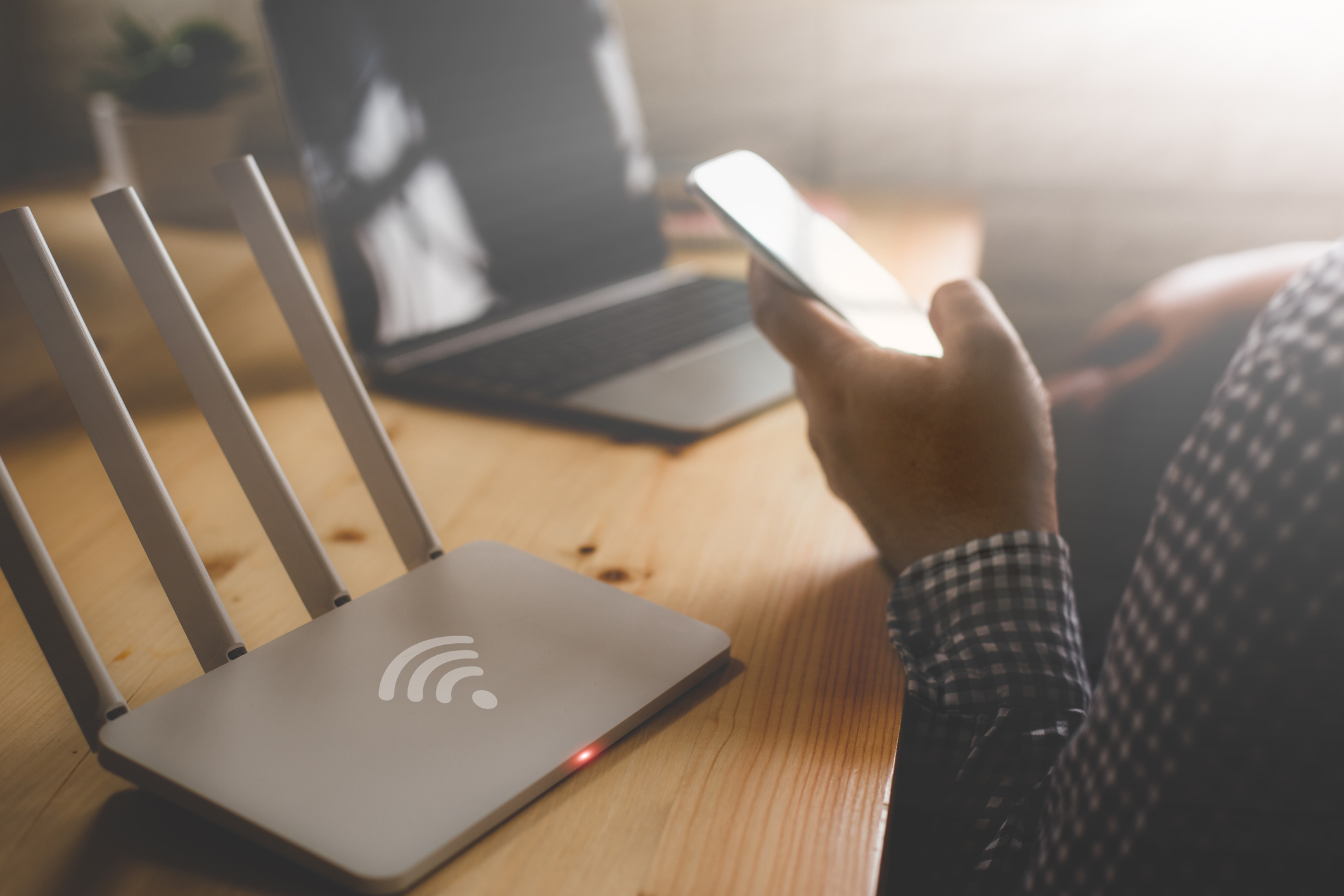The Arvind Kejriwal-led Delhi government has resuscitated its promise of free WiFi in public spaces across the city, a move that some of its detractors have called an election time gimmick of AAP.
The reasons the government cited for bringing free WiFI was women's safety and an attempt to bridge the 'digital divide'. The government has allotted Rs 150 crore for the project.
But how good is free WiFi service in other public places in India, including Delhi?
Former NASSCOM vice-president Prasanto Roy did not see much promise in the Delhi government’s WiFi initiative.
According to him, for the service to run well, the government should be willing to outsource the task to a private company for service and maintenance, otherwise the project is doomed.
“There has been a series of public WiFi projects in India. It has happened in Pune, Patna and Bangalore and in (parts of) Delhi too,' Roy said. 'In most of these places, it has not been very successful.'
He said the biggest public WiFi project that has been successful is the Railtel Railwire Google project, that covers 500 railway stations across India and 'usable hi-speed WiFi'. 'What does not work is that there's no business model. There needs to be a business model. Without it, the idea that WiFi is a public good with a government running it has so far not worked,' Roy told this website.
When asked about the government's stated objective for bridging the digital divide, Roy mentioned an interesting detail.
“If you look at the demographic of people who require WiFi, these are people who are at the lower end of the socio-economic ladder. These are people who don't use text, they use only (visual) media, video. So to cater to the needs of such people you need tremendous bandwidth, you need very robust network,” Roy said.
One of the major requirements for maintaining a robust network of routers and the adequate network provisioning so that one gets seamless connectivity is to bring in private telecom companies that can bring the technical know-how, he said.
An official from the state government said the tendering process will start in 10-20 days but could not confirm if the government was in talks with any of the major telecom companies for long-term maintenance of the infrastructure. 'If we go by the previous instances of such projects, the government would do well if it doesn’t make itself the sole caretaker of the initiative,' Roy said.
Gopal Mohan, the advisor to Delhi chief minister Arvind Kejriwal for the Wifi project, told this website that the project is likely to take off by September and will take about two years to complete. The government has plans to install 10,000 routers across the city to create hot-spots with a provision of limited data per family.










